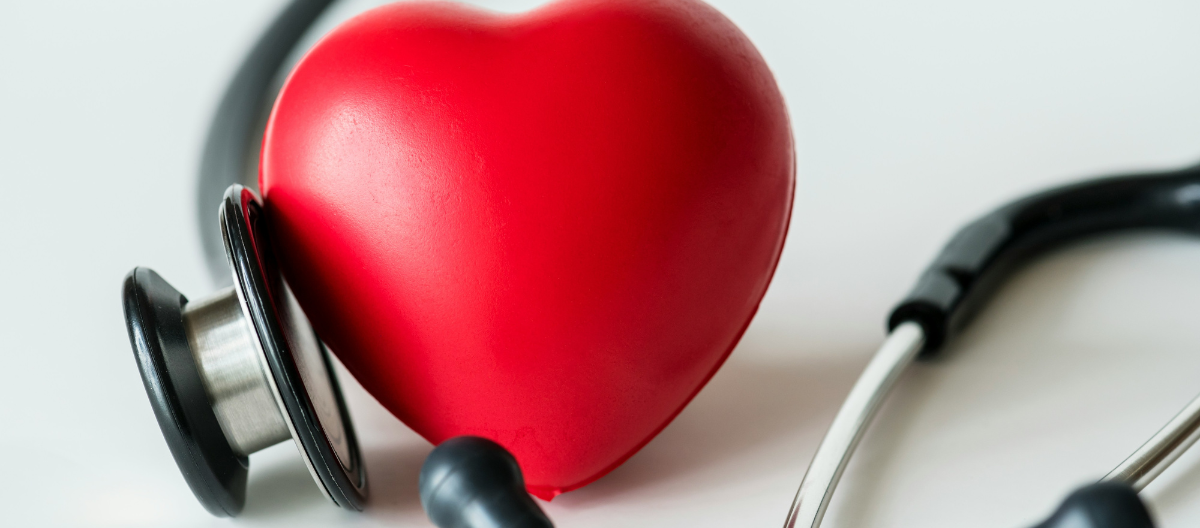Cardiac rehabilitation is a medically supervised program designed to improve the health and well-being of people who have heart problems. Whether you’ve had a heart attack, heart surgery, or another heart-related issue, cardiac rehab is an essential part of your recovery. It combines exercise, education, and counseling to help you regain strength, prevent future heart problems, and improve your quality of life.
Cardiac Rehabilitation
Cardiac rehabilitation is a comprehensive program that usually involves a team of healthcare professionals, including doctors, nurses, physical therapists, exercise specialists, dietitians, and mental health counselors. The program typically has three main components:
Exercise Training: Tailored exercise routines help you improve cardiovascular fitness, strengthen your heart, and increase overall physical endurance.
Education for Heart-Healthy Living: Information on nutrition, physical activity, weight management, and managing risk factors such as high blood pressure, cholesterol, and diabetes.
Counseling and Emotional Support: Mental health support to help you manage stress, anxiety, depression, and other emotional challenges that often accompany heart disease.
Who Needs Cardiac Rehabilitation?
Cardiac rehab is recommended for people who have experienced a variety of heart-related conditions or procedures, including:
Heart Attack: Recovering from a myocardial infarction (heart attack) involves rebuilding strength and learning to manage heart health.
Coronary Artery Bypass Surgery: After surgery to bypass blocked coronary arteries, rehab helps restore physical function and improve heart health.
Angioplasty and Stenting: Following procedures to open blocked arteries, rehab supports recovery and reduces the risk of future blockages.
Heart Valve Repair or Replacement: Rehab aids in the recovery process after valve surgery, helping you regain your strength.
Heart Failure: For people with heart failure, rehab focuses on improving physical endurance, managing symptoms, and preventing hospitalizations.
Heart Transplant or Lung Transplant: After transplantation, rehab is crucial for recovery and maintaining overall health.
Stable Angina: For those with chest pain due to reduced blood flow to the heart, rehab helps manage symptoms and improve quality of life.
Benefits of Cardiac Rehabilitation
Participating in a cardiac rehab program offers numerous benefits that can significantly improve your heart health and overall well-being:
Improved Cardiovascular Fitness: Tailored exercise routines help strengthen your heart and improve circulation, leading to better cardiovascular health.
Lower Risk of Future Heart Problems: By adopting heart-healthy habits, you can reduce the risk of recurrent heart attacks or other cardiac events.
Enhanced Quality of Life: Regular physical activity and proper nutrition can increase energy levels, reduce symptoms, and improve overall quality of life.
Weight Management: Cardiac rehab programs often include guidance on diet and exercise to help you maintain a healthy weight, which is essential for heart health.
Mental Health Support: Addressing the emotional impact of heart disease through counseling and support groups can help reduce anxiety, depression, and stress.
Better Blood Pressure and Cholesterol Management: Education on medication adherence, diet, and exercise can help control blood pressure and cholesterol levels.
Increased Confidence: As you gain strength and knowledge, you’ll likely feel more confident in your ability to manage your heart health and prevent future problems.
What to Expect During Cardiac Rehabilitation
A typical cardiac rehab program is divided into phases, each tailored to your individual needs and recovery stage:
Phase 1: Inpatient Rehabilitation
This phase begins while you are still in the hospital, usually right after your heart event or surgery. The focus is on light physical activity and education to prepare you for returning home.
Phase 2: Early Outpatient Rehabilitation
This phase occurs after you’ve left the hospital and involves regular visits to a cardiac rehab center. The program includes supervised exercise sessions, heart-health education, and counseling.
Phase 3: Long-Term Maintenance
This phase focuses on maintaining the lifestyle changes and exercise habits you’ve learned. You may continue supervised exercise sessions or transition to a self-directed exercise program with regular follow-ups.
How to Get Started with Cardiac Rehabilitation
If you or a loved one has experienced a heart-related event, here’s how to get started with cardiac rehab:
Consult Your Doctor: Your healthcare provider can determine if cardiac rehab is appropriate for you and provide a referral to a program.
Find a Program: Cardiac rehab programs are often offered at hospitals, clinics, or specialized cardiac centers. Look for one that is convenient and accredited by a reputable organization.
Commit to the Program: Success in cardiac rehab requires commitment. Attend all scheduled sessions, follow your personalized exercise plan, and engage in the educational and counseling components.
Involve Your Family: Family members can play a supportive role by attending educational sessions and helping you maintain lifestyle changes at home.
Maintaining Heart Health After Cardiac Rehabilitation
Completing a cardiac rehab program is a significant achievement, but maintaining your heart health requires ongoing effort:
Continue Exercising: Regular physical activity is crucial. Aim for at least 150 minutes of moderate-intensity exercise per week, such as walking, cycling, or swimming.
Follow a Heart-Healthy Diet: Stick to a balanced diet rich in fruits, vegetables, whole grains, lean proteins, and healthy fats. Limit salt, sugar, and saturated fats.
Monitor Your Health: Keep track of your blood pressure, cholesterol levels, weight, and any symptoms. Regular check-ups with your healthcare provider are essential.
Manage Stress: Practice stress-reducing techniques such as deep breathing, meditation, yoga, or engaging in hobbies you enjoy.
Take Medications as Prescribed: If your doctor has prescribed medication to manage your heart condition, ensure you take it as directed.


